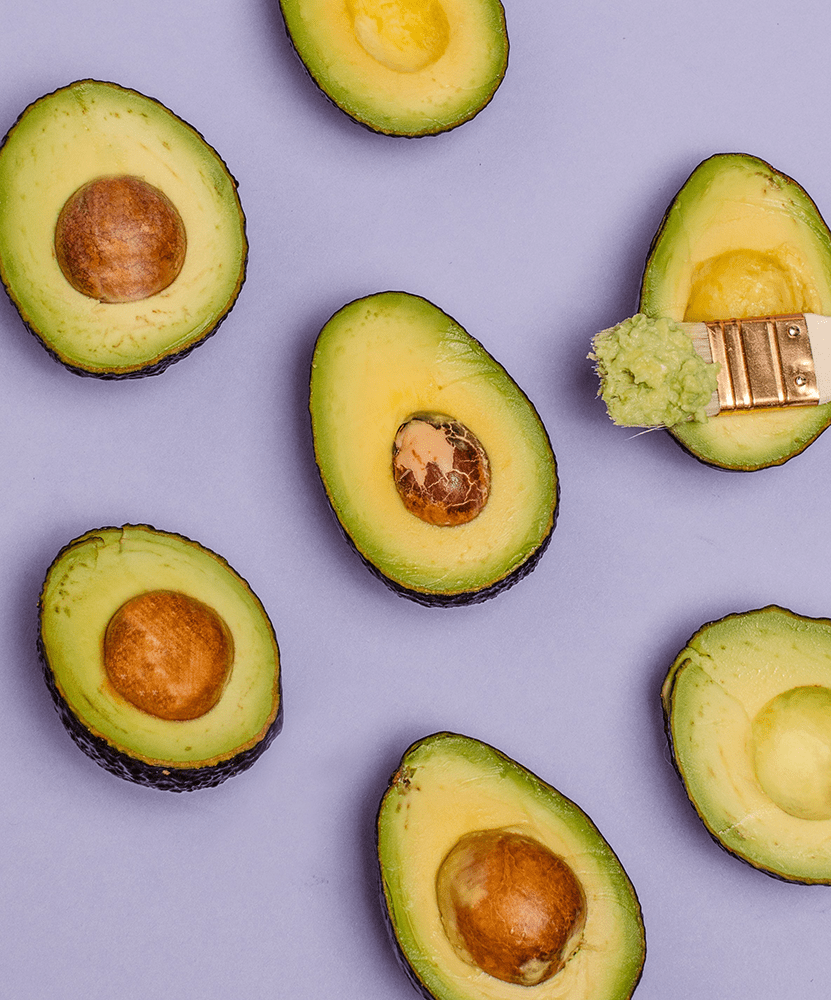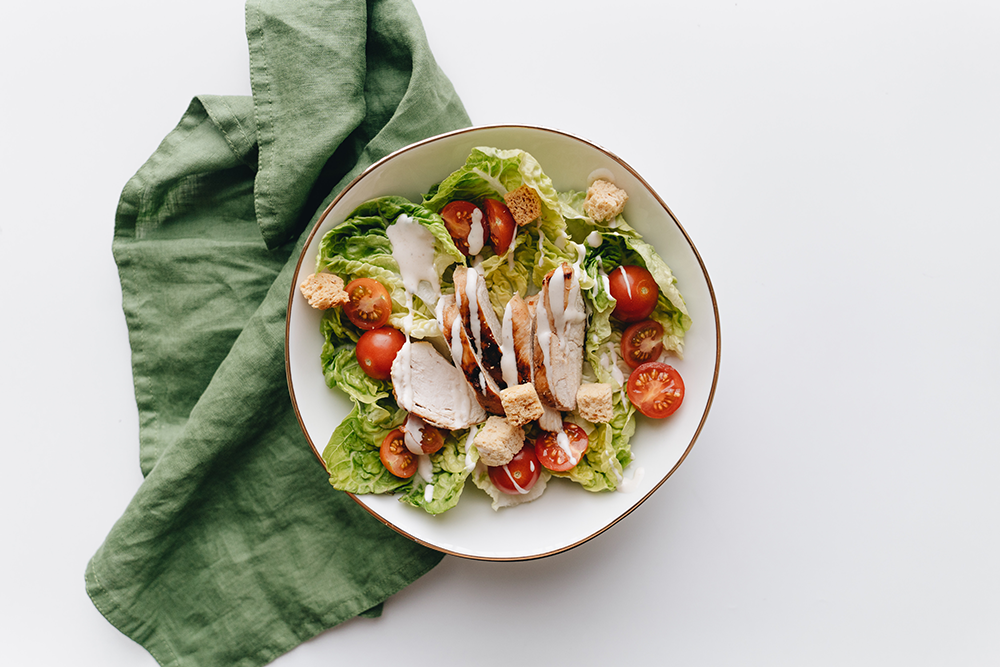
We have all heard about the Keto Diet, the latest trend. But do you actually know what it entails other than eating lots of fat and losing weight? In this blog I am going to dive into the basics of the ketogenic diet and our take on this diet for bariatric patients.
The Science
Keto, short for ketogenic, is a diet that involves eating lots of fat and very few carbs. By doing so, you are placing your body in the state of ketosis—a metabolic state in which your body burns fat for energy versus glucose (carbs) for energy. The process of burning fat produces a build up of ketones, a type of acid.
Many people rave about the ketogenic diet because it helps you lose weight and burn fat by forcing your body to use fat instead of carbs for energy.
The State of Ketosis
To activate the state of ketosis, you must consume so few carbs that your body has to rely on fat storage for energy. However, this change will not happen overnight as your body needs to adjust to burning fat versus carbs.
Putting It Into Action
As stated above, in order to function in a ketogenic state and ultimately burn fat and lose weight, you must consume very little carbohydrates. The standard keotgenic diet suggests your macro breakdown needs to be 75% fat, 20% protein and 5% carbs.
When in the state of ketosis, you may experience some of these signs and symptoms:
- Weight Loss
- Bad breath due to elevated ketone levels
- Increased ketones in the blood
- More energy and higher level of focus
- Digestive problems
- Loss of appetite
What to Eat
It is easy to think that when on the ketogenic diet, you can eat any and all fats—including saturated fats (aka the unhealthy fats). But consuming too many unhealthy and processed fats can lead to a weight loss stall and even a weight gain.
So here is a list of foods you should eat while on the Keto Diet:
- Eggs
- Butter and cream
- Unprocessed cheese (cheddar, goat, blue, mozzarella)
- Nuts and seeds
- Avocados
- Healthy oils (extra virgin olive oil, coconut oil, avocado oil)
Ketogenic Diet for Bariatric Patients
Although the Keto Diet only fully works when you give your body time to adjust to the burning of fat versus carbs, we do not recommend the Keto Diet as a long term approach for our bariatric patients. We always recommend a high protein, low carb and moderate fat diet. However if you are looking for a way to burn fat in about 1 to 2 months, the Keto Diet may be an option for you.
Altering the Keto Diet for Bariatric Patients
As a bariatric patient, if you decide to try the Keto Diet for a few months, you must still keep track of how many calories you are consuming. For example, the Keto Diet recommends you eat nuts and seeds, however we consider these slider foods because they have a low protein to calorie ratio, meaning you are likely to consume a lot of calories from nuts before feeling full.
Along with being aware of your caloric intake, you must also be cognizant of your protein intake. The American Society of Metabolic and Bariatric Surgery recommends bariatric patients consume 60 to 80 grams of protein a day. On the Keto Diet, they suggest your calories from protein be 20%, meaning if you were to consume 1,000 calories a day you would only eat 50g of protein.
To alter the Keto Diet to be more bariatric friendly, you would need to change your ratios to consume more protein. If your caloric intake was 1,000 calories a day, your macro breakdown would be somewhere around 13g carbs (5%), 75g protein (30%) and 72g fats (65%).
Conclusion
Overall, the ketogenic diet is not something I recommend as a bariatric nutritionist nor do our bariatric surgeons recommend. We tell all of our patients to consume a high protein, low carb diet. So long as you focus on eating more protein and less carbs, you are pretty much guaranteed to lose weight.
However, if you want to give the Keto Diet a go, I suggest you aim to consume 70 or more grams of protein a day.
Nonetheless, you should try to view your eating as a lifestyle change, not a fad diet. So if you find yourself trying all these crazy "diets" with the hopes of losing weight fast, it's just not going to work nor be sustainable.











